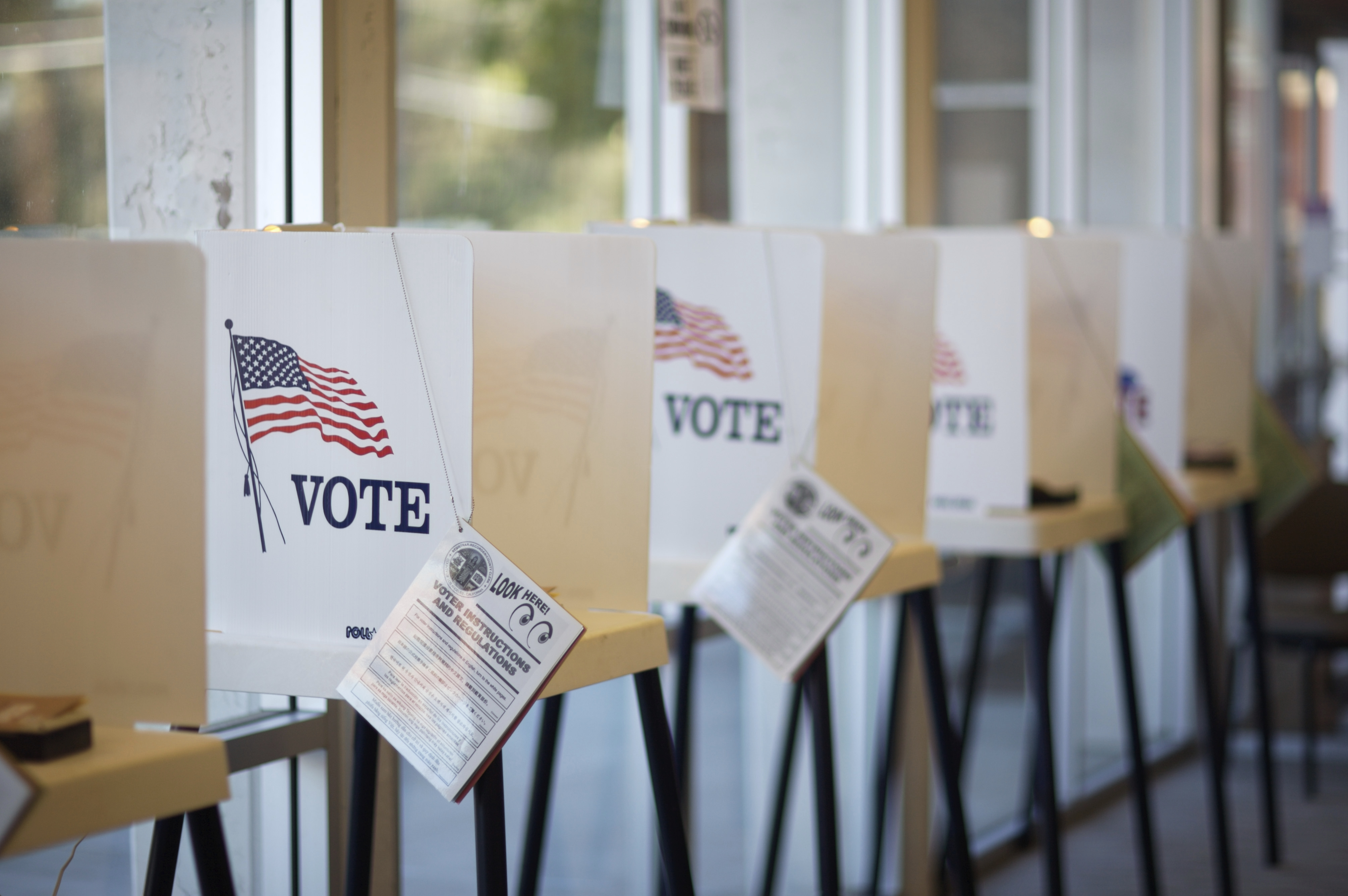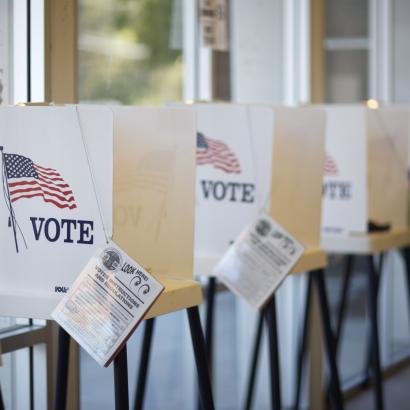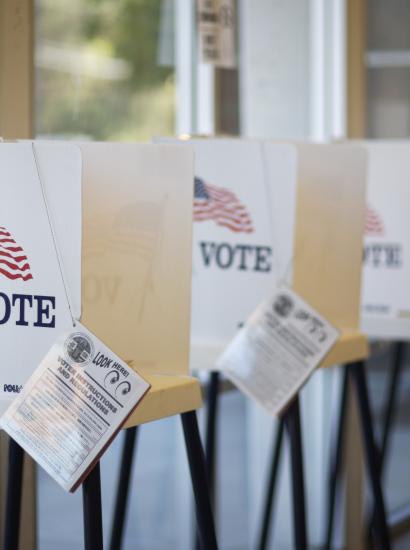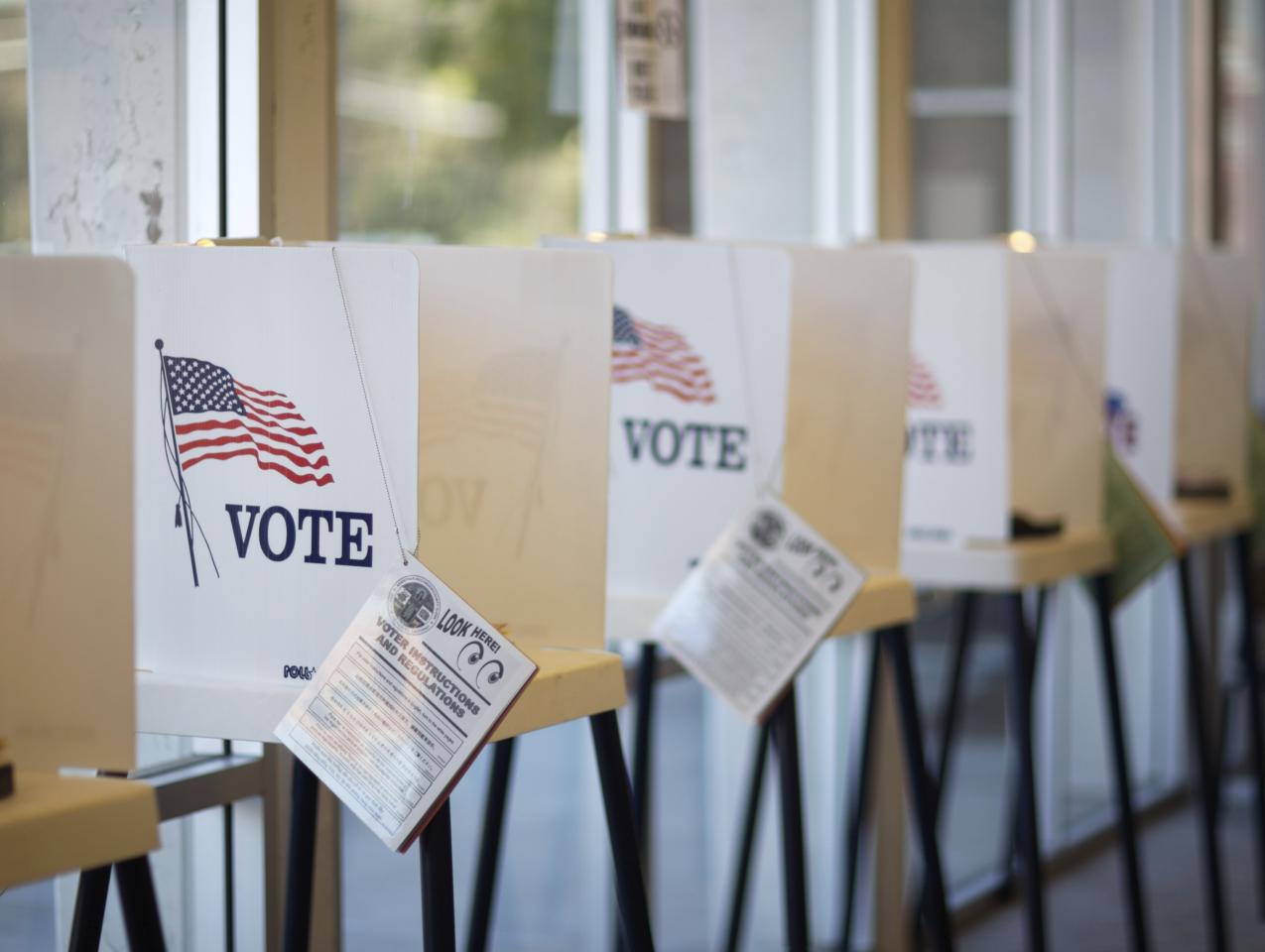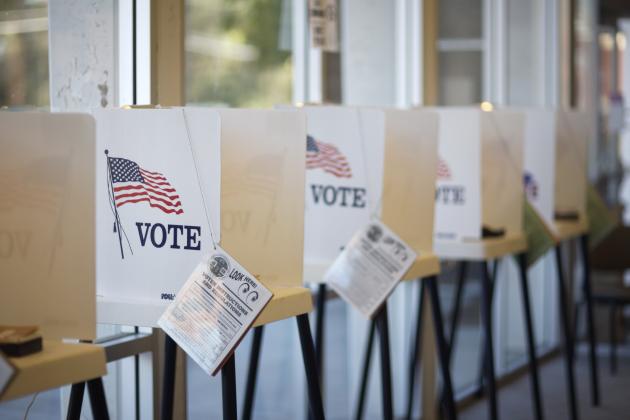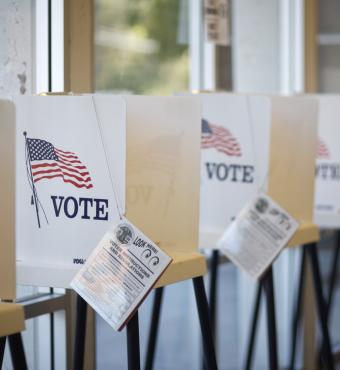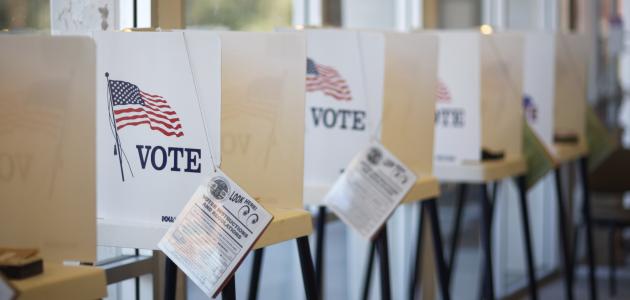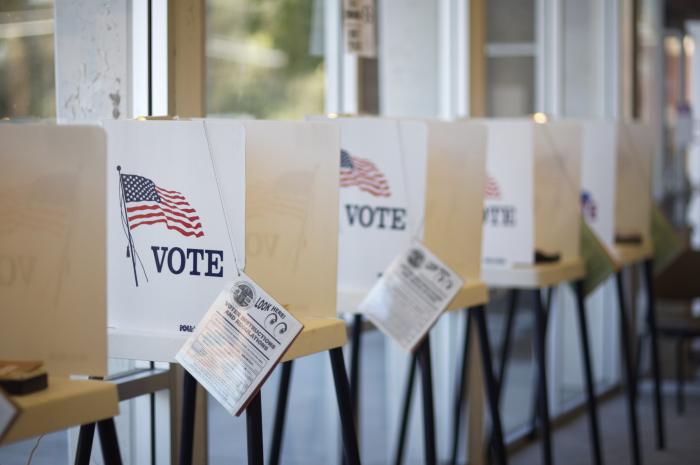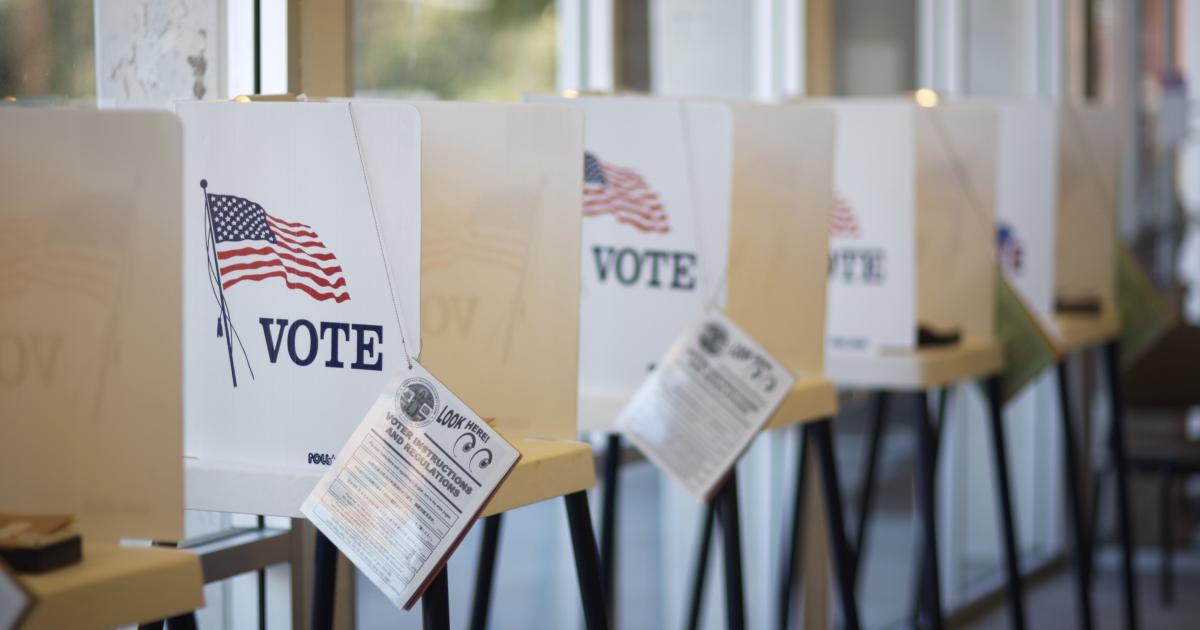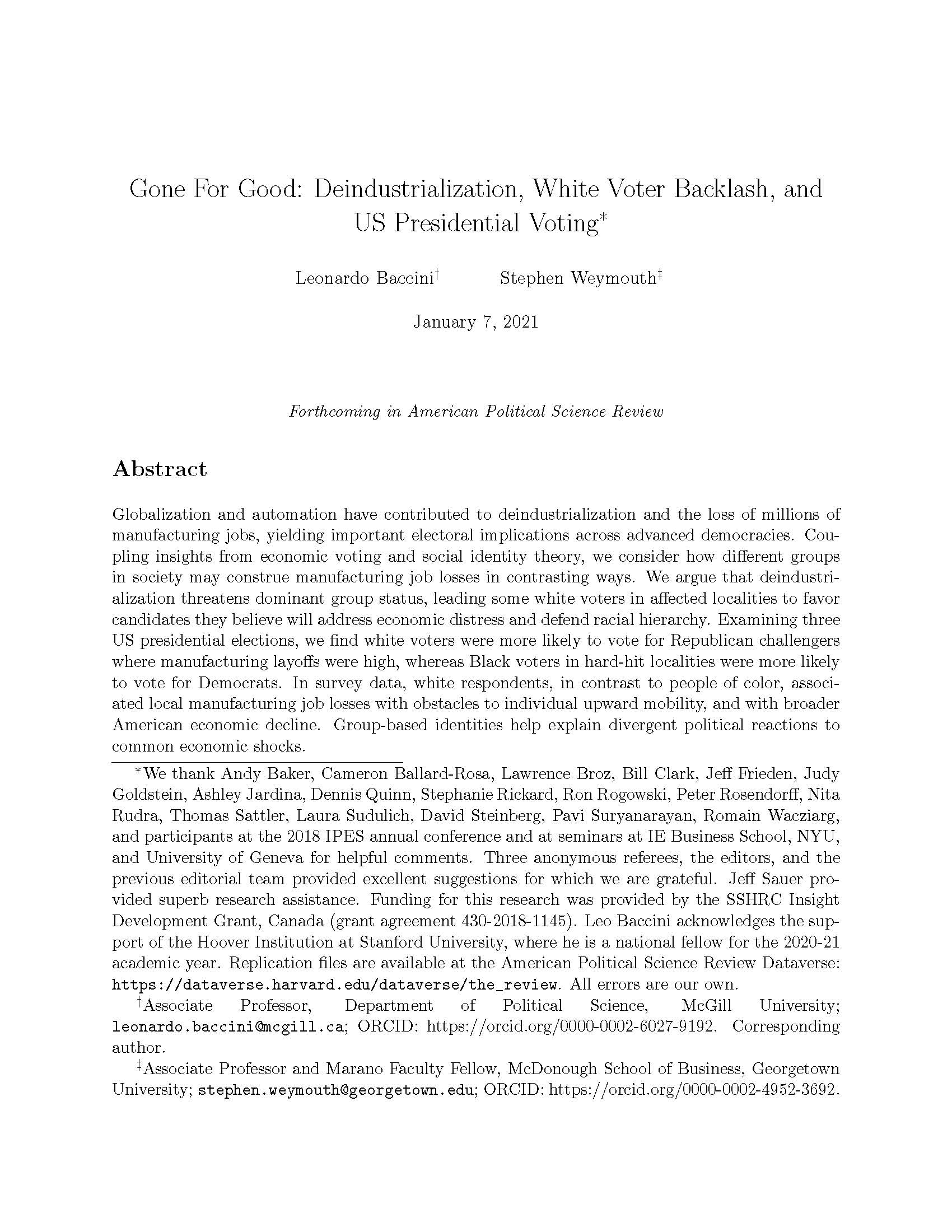- Politics, Institutions, and Public Opinion
Forthcoming in American Political Science Review
Abstract
Globalization and automation have contributed to deindustrialization and the loss of millions of manufacturing jobs, yielding important electoral implications across advanced democracies. Coupling insights from economic voting and social identity theory, we consider how different groups in society may construe manufacturing job losses in contrasting ways. We argue that deindustrialization threatens dominant group status, leading some white voters in affected localities to favor candidates they believe will address economic distress and defend racial hierarchy. Examining three US presidential elections, we find white voters were more likely to vote for Republican challengers where manufacturing layoffs were high, whereas Black voters in hard-hit localities were more likely to vote for Democrats. In survey data, white respondents, in contrast to people of color, associated local manufacturing job losses with obstacles to individual upward mobility, and with broader American economic decline. Group-based identities help explain divergent political reactions to common economic shocks.
Click here to read the complete paper
This article has been accepted for publication in the American Political Science Review. This version is published under a Creative Commons CC-BY-NC-ND. No commercial re-distribution or re-use allowed. Derivative works cannot be distributed.
© Leonardo Baccini and Stephen Weymouth
![]()






